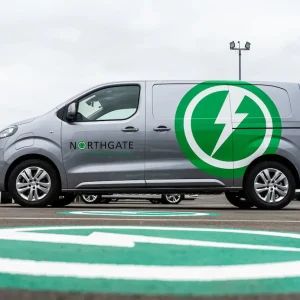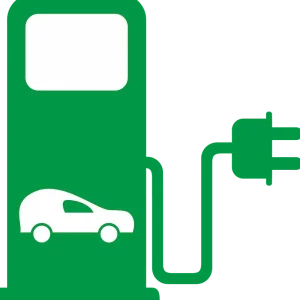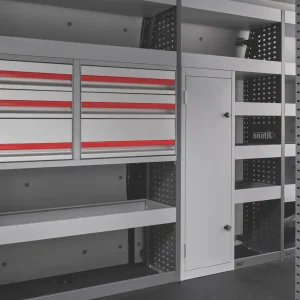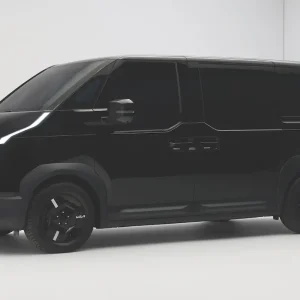Electric vehicle specialist Arrival will have its first van in series production during the third quarter of 2022, says product chief Patrick Bion. Trials will begin with fleets this summer.
The new front-wheel drive vanwill form part of a family of models with gross weights of up to 4.25t, payload capacities of up to 2.1t, and between 8.0m3 and 17.0m3 of cargo space depending on the version chosen.
Customers will be offered the choice of three different roof heights and will be able to pick from a rear roller shutter, a tailgate or hinged rear doors.
The new vehicle will be assembled at a new plant in Bicester, Oxfordshire and will be followed by a 4×4 model and a chassis cab in 2023, Bion adds.
Van battery capacities will range from 44kWh to 133kWh, with a range between recharges of up to 211 miles depending on the battery and model selected.
The idea is to enable operators to select the combination of range and payload capability that best suits them. The bigger the battery, the further you will be able to travel, but the less you will be able to carry.
Opt for the 4.25t, 14m3 model with the 67kWh battery for instance and you will enjoy a gross payload capability of 1,975kg and a range of 112 miles. Choose the 133kWh battery instead and your payload will shrink to 1,615kg but your range will increase to 211 miles.
No details were given of likely recharge times, but it is worth noting that all the vans come with 120kW DC charging technology. The battery will drive a 150kW/201hp electric motor.
With the needs of the home delivery market in mind, the first vehicle to be launched will be what Bion describes as a walk-in van. A sliding door in the bulkhead and a sliding passenger door should make it easy for the driver to step into the load area, pick the parcel they need to deliver, then emerge safely onto the pavement.
Mounted on a modular skateboard-style platform with independent suspension all round, the van’s body employs an aluminium frame clad with thermoplastic composite panels in a choice of colours.
“It will not require painting or welding and will be easy to repair,” Bion said. It will also be fully recyclable and will not corrode.
On-board safety technology will include advanced emergency braking system, front and rear collision warning, lane keep assist, traffic sign recognition and blind spot monitoring. Digital e-mirrors will be offered as an optional alternative to conventional exterior rear view mirrors.
Climate control, heated seats and a king-size 15.6in touchscreen are also available.
Arrival’s research and development centre is in the UK along with its headquarters. All of its key components are designed in-house with the aim of producing electric vans that can be sold at about the same price as their diesel counterparts.
Arrival president and chief strategy officer, Avinash Rugoobur, said: “Our intention is to be able to upgrade vehicles periodically so that they remain evergreen throughout their working lives.”
That working life should be around 15 years, Bion says. The upgrades will encompass hardware as well as software.
Founded six years ago, and with over 1,800 employees worldwide, Arrival aims to build its vehicles in a network of what it refers to as microplants – small factories dotted around the globe.
“We can commission these factories and get them up and running in around six months,” Rugoobur said. “What is more, we can build a van that suits the city the microplant is based in.”
It is an approach that contradicts conventional motor industry wisdom, which tends to revolve around big, centralised production plants involving major capital expenditure that can deliver the economies of scale required to keep prices competitive.
Rugoobur argues, however, that this approach leads to inflexibility, and an inability to tailor vehicles to meet the needs of local markets. “Manufacturers that take this approach can be slow to adapt to changes in demand,” he claims.
Global parcels giant UPS has invested an undisclosed amount in Arrival and in 2020 announced that it was ordering 10,000 of its vans for use in the UK, mainland Europe and the US. Delivery should be completed by 2024/25.
Last year also saw Hyundai and Kia invest £85m in the business, so Arrival looks unlikely to run short of cash any time soon.





